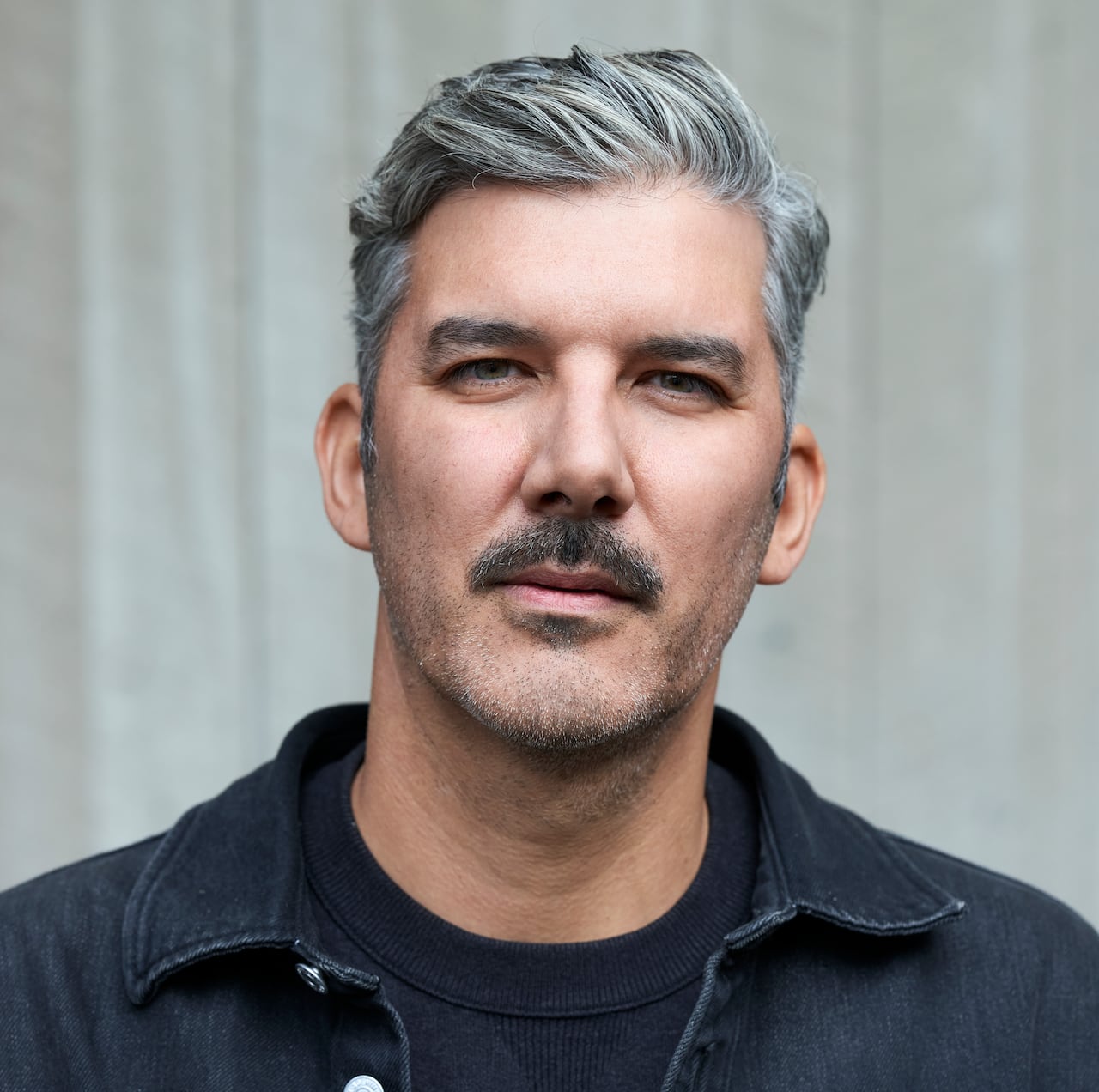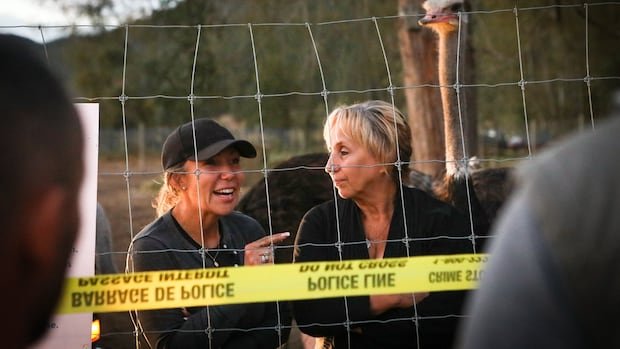The Syilx Okanagan Nation in British Columbia says it has not issued a cease-and-desist letter that claims to protect a controversial ostrich farm from a Canadian Food Inspection Agency (CFIA) cull, and questions its authenticity.
Universal Ostrich Farm in Edgewood, British Columbia, east of Kelowna, is in conflict in court with the CFIA after an outbreak of bird flu in December killed 69 of the farm’s ostriches, prompting a culling order by the federal agency to destroy more than 300 of the farm’s remaining birds.
In a statement Tuesday to CBC Indigenous, the Executive Council of Chiefs of the Syilx Okanagan Nation said it had received a copy of a cease-and-desist letter allegedly shared with the RCMP by the farm’s spokesperson.
The letter, provided to CBC Indigenous by the Okanagan Nation Alliance, said the farm “is located within the territorial boundaries of the Secwepemc and Sylix tribal peoples” and “is now under the protection of said tribes and this cease and desist order comes directly from the matriarchal authority of the signatory Secwepemc tribe.”
It is signed: “Manitou Wabski Kinew, legal advisor to the signatory Indian tribes and all subjects within the tribal territories.”
In its statement, the Syilx Okanagan Nation said: “After reviewing the document, the Syilx Okanagan Nation can definitively confirm that it was not issued by our Nation.”
“In addition, the alleged signer appears to resemble the name of Manitoba Premier Wab Kinew, raising serious concerns about the authenticity of the letter.”
“We condemn, in the strongest possible terms, any organization, company or individual that falsely invokes the name of our Nation – or our authority as holders of rights and titles – to promote their own agenda,” the Syilx Okanagan Nation statement read.
Farm spokesperson Katie Pasitney, daughter of co-owner Esperen, told CBC Indigenous earlier this week that the Syilx and a “signatory Indian tribe” sent the letter to order protection of the farmers’ lands and their ostriches.
Appropriation is growing, says academic
The farm, co-owned by David Bilinski and Karen Espersen, has amassed hundreds of supporters, some involved with the Freedom Convoy movement, who view the CFIA’s culling order as government overreach.
Hayden King, executive director of the Yellowhead Institute, a research center run by indigenous people at the Metropolitan University of Toronto, He said non-Indigenous campaigns or movements like the Freedom Convoy and Canadian Q-Anon have been known to lend an aura of indigeneity to credibility.

“More conservative or conspiracy-minded movements are using values, indigenous values, to legitimize their own positions…taking remnants of their limited knowledge of indigenous philosophy or politics and applying them to their own frameworks,” King said.
“I think in most of these campaigns, this is really just a superficial and selfish attempt to legitimize and validate their campaigns using indigenous values.”
King said Indigenous people have a variety of views and some may subscribe to populist or far-right campaigns, but overall they are a minority.
“Indigenous people in general are pretty critical thinkers and can distinguish between genuine solidarity and, you know, symbolism and appropriation,” King said.
Indigenous appropriation by non-Indigenous movements has been growing over the past decade, King said.
“These individuals and groups emerge with any type of marginal perspective and appropriate indigenous language, even tactics,” he said.
“I think it’s based first of all on the effectiveness of indigenous resistance over time.”
‘Secwepemc Signatory Tribe’
CBC Indigenous was unable to find a First Nation called “Secwepemc Signatory Tribe,” which is referenced in the cease and desist letter.
The Shuswap Nation Tribal Council in British Columbia comprises nine Secwepemc communities: Adams Lake Indian Band, Bonaparte First Nation, Neskonlith Indian Band, Shuswap Indian Band, Simpcw First Nation, Skeetchestn Indian Band, Splatsín First Nation, Tk’emlúps te Secwepemc and Whispering Pines/Clinton Indian Band.
CBC Indigenous has been in contact with the Shuswap Nation Tribal Council, but did not receive an official comment by press time.
Katie Pasitney maintains that First Nations support their ostriches.
When told by CBC Indigenous that Syilx leadership had said they had nothing to do with the letter, Pastiney responded, “That’s wrong,” but declined to do an on-the-record interview.
Pasitney told CBC Indigenous that he would call back when his lawyer sent him “the First Nation’s positions,” but did not specify which First Nation he was referring to.









